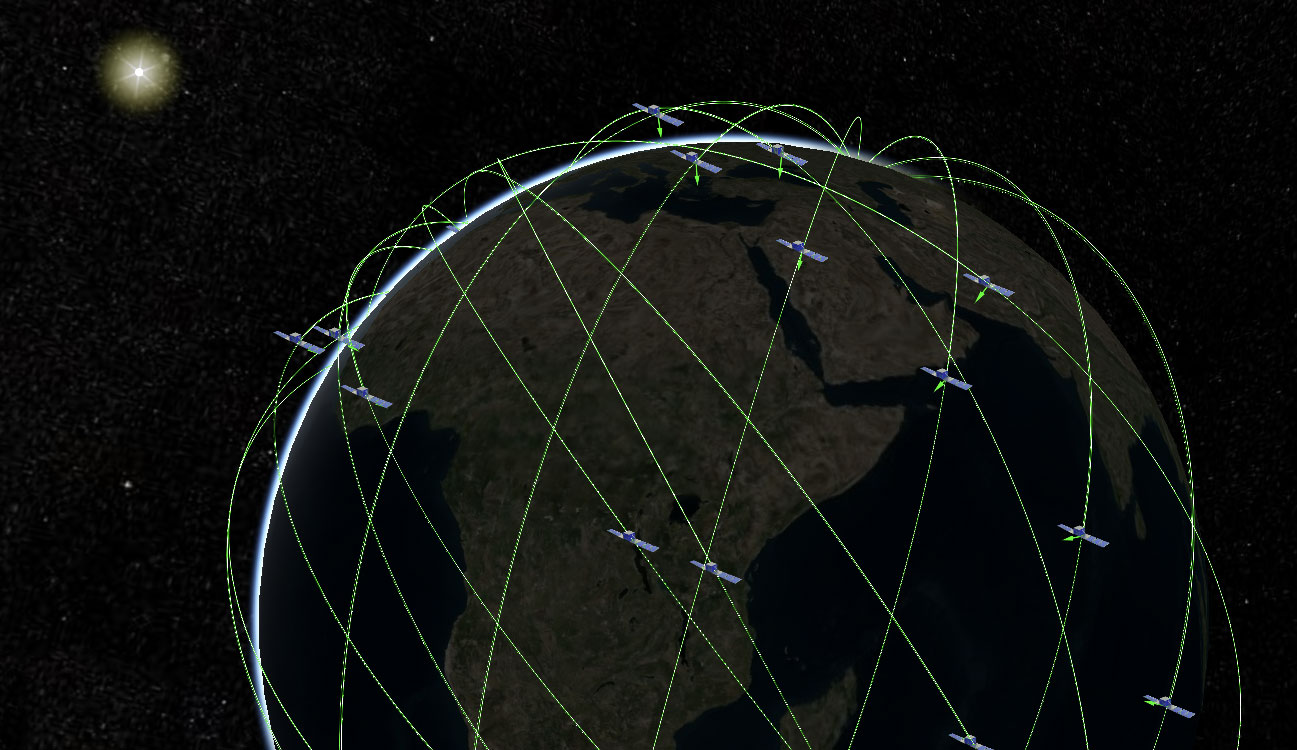LOGAN, Utah — Small satellite manufacturer Terran Orbital reported increased revenues Aug. 9 as it ramps up work on satellites for the Space Development Agency, but is planning to sell stock as its cash reserves decline.
Terran Orbital reported $21.4 million in revenue in the second quarter of 2022, an increase of 127% over the same quarter a year ago. The company said its backlog increased to $224.1 million, a record high and 200% above the level at the end of 2021.
“We are delighted in our team’s performance in the quarter and we are happy to report that our business is rapidly expanding,” Marc Bell, chief executive of Terran Orbital, said in an earnings call. The company had more than 400 employees as of the end of the quarter, 20% more than a quarter ago.
Terran Orbital expects to complete an expanded satellite manufacturing facility in Irvine, California, this fall, that will provide the company with capacity to handle its SDA work and more. Bell said the company is still in discussions with Florida to finalize an agreement to build an even larger manufacturing facility at the Kennedy Space Center but that there is no schedule for starting construction there.
However, the cost of that expanding business is growing even faster. The company reported a net loss of $32.2 million in the quarter, compared to an $8.9 million loss in same quarter last year. Adjusted earnings before interest, taxes, depreciation and amortization (EBITDA) was a negative $14.8 million in the quarter, compared to a negative $2.5 million in the same quarter a year ago.
Terran Orbital ended the quarter with $62.3 million of cash on hand, down from $76.7 million at the end of the first quarter. The company said it has entered into an agreement with an affiliate of B. Riley Securities to sell up to $100 million in stock over the next two years to raise additional capital. The agreement is similar to one that launch vehicle developer Astra announced, also with B. Riley, Aug. 2.
The agreement “provides us with a flexible option for access to incremental liquidity as needed,” said Gary Hobart, chief financial officer of Terran Orbital, on the call.
Terran Orbital’s near-term focus is to complete 10 satellite buses for Lockheed Martin for the SDA’s Transport Layer Tranche 0. Bell said the company expected to have all 10 delivered by the end of the year and has started work on a separate set of 42 Tranche 1 satellites for Lockheed.
That work has taken precedence over Terran Orbital’s own PredaSAR constellation of synthetic aperture radar satellites. “We’ve made it a priority to get the Tranche 0 buses done first before finishing the PredaSAR,” he said. The first two PredaSAR satellites will launch in the first or second quarter of 2023.
The overall plan for the PredaSAR constellation, originally projected to include 96 satellites, is changing, although Bell didn’t disclose changes in the number of satellites or schedule for its deployment. “The plan is evolving. We are looking at getting the first two up,” he said. “The satellites continue to evolve.”
Those satellites will be significantly larger than other smallsats being developed for SAR constellations and will use the Tranche 1 bus. “We’re seeing the benefits of going to a bigger bus with more batteries,” he said, allowing for more sustained radar imaging. The larger buses can also accommodate secondary payloads, such as one satellite that will have an optical inter-satellite link to communicate with DARPA’s Blackjack satellites.
Bell said that, once deployed, he expected PredaSAR to be competitive with existing commercial SAR systems. “MySpace was the first, but it wasn’t the winner. We keep reminding ourselves that it’s all about the endgame.”
